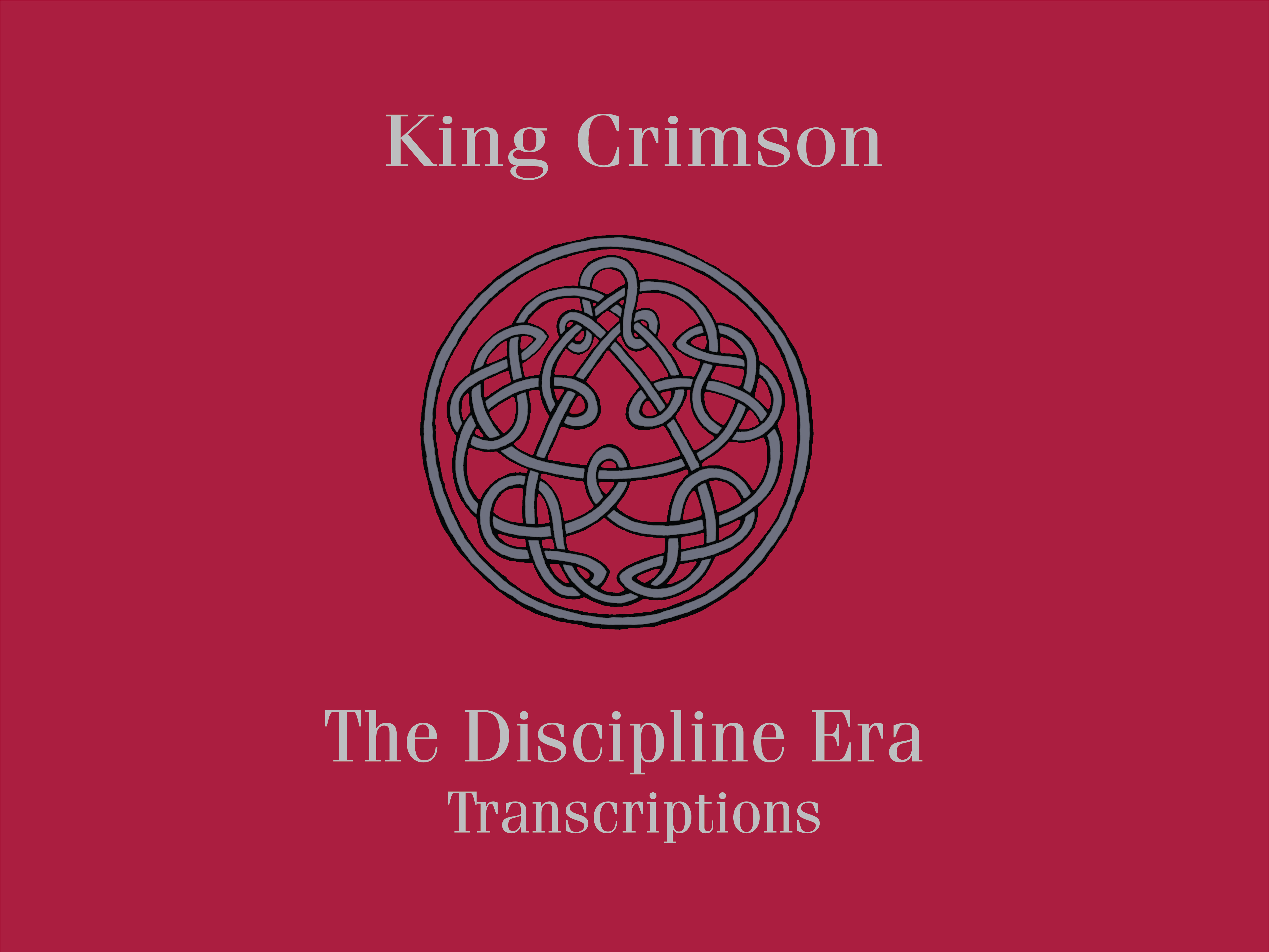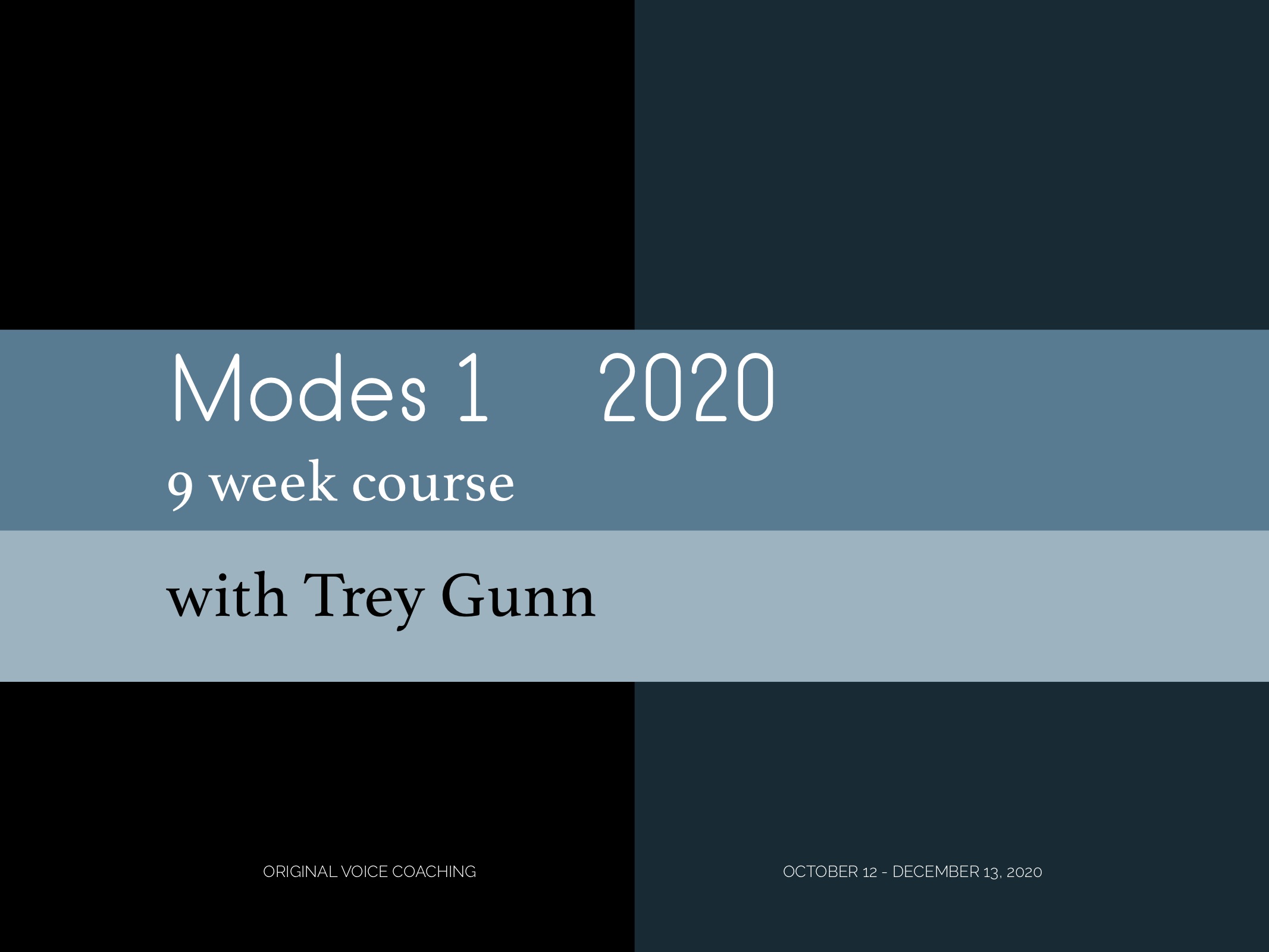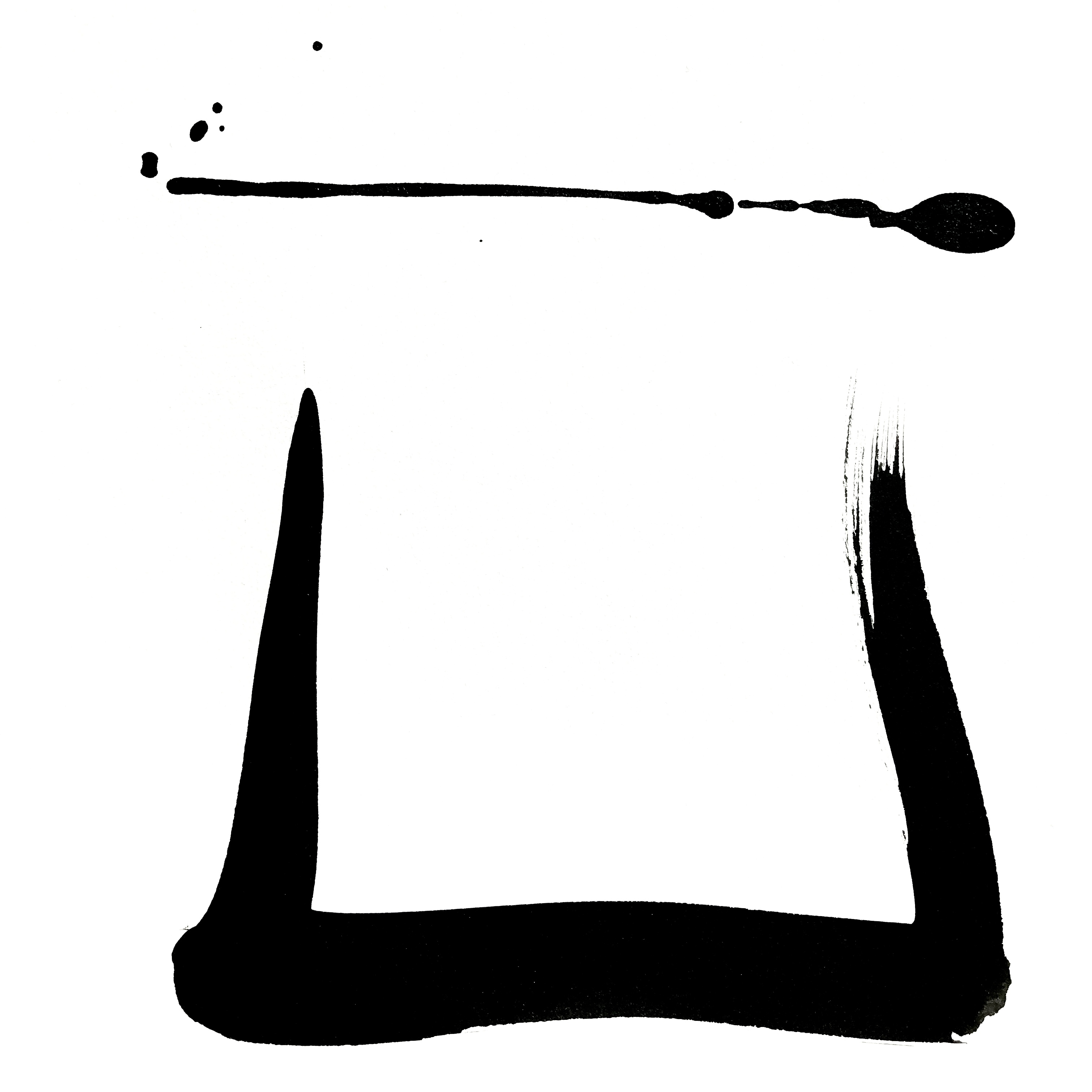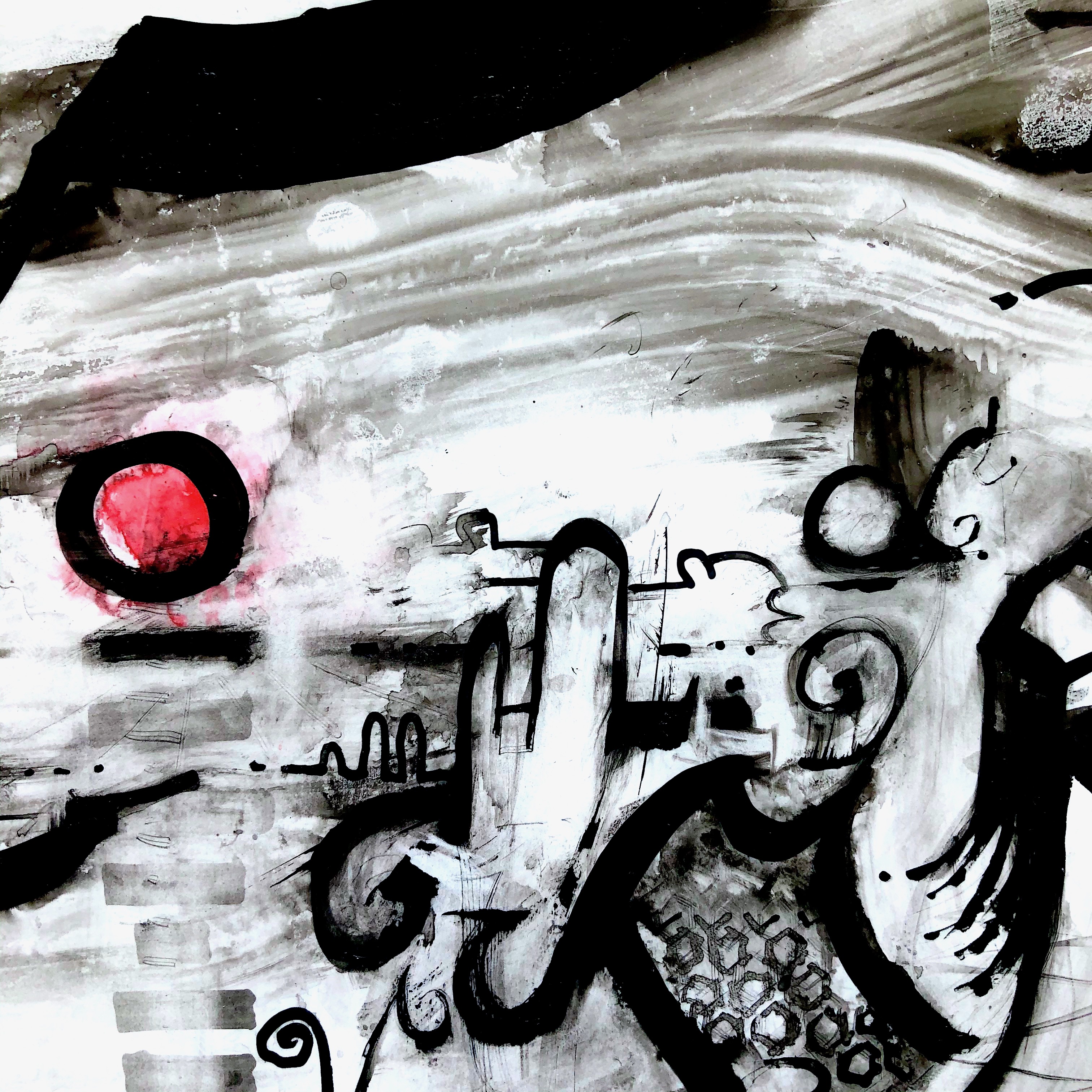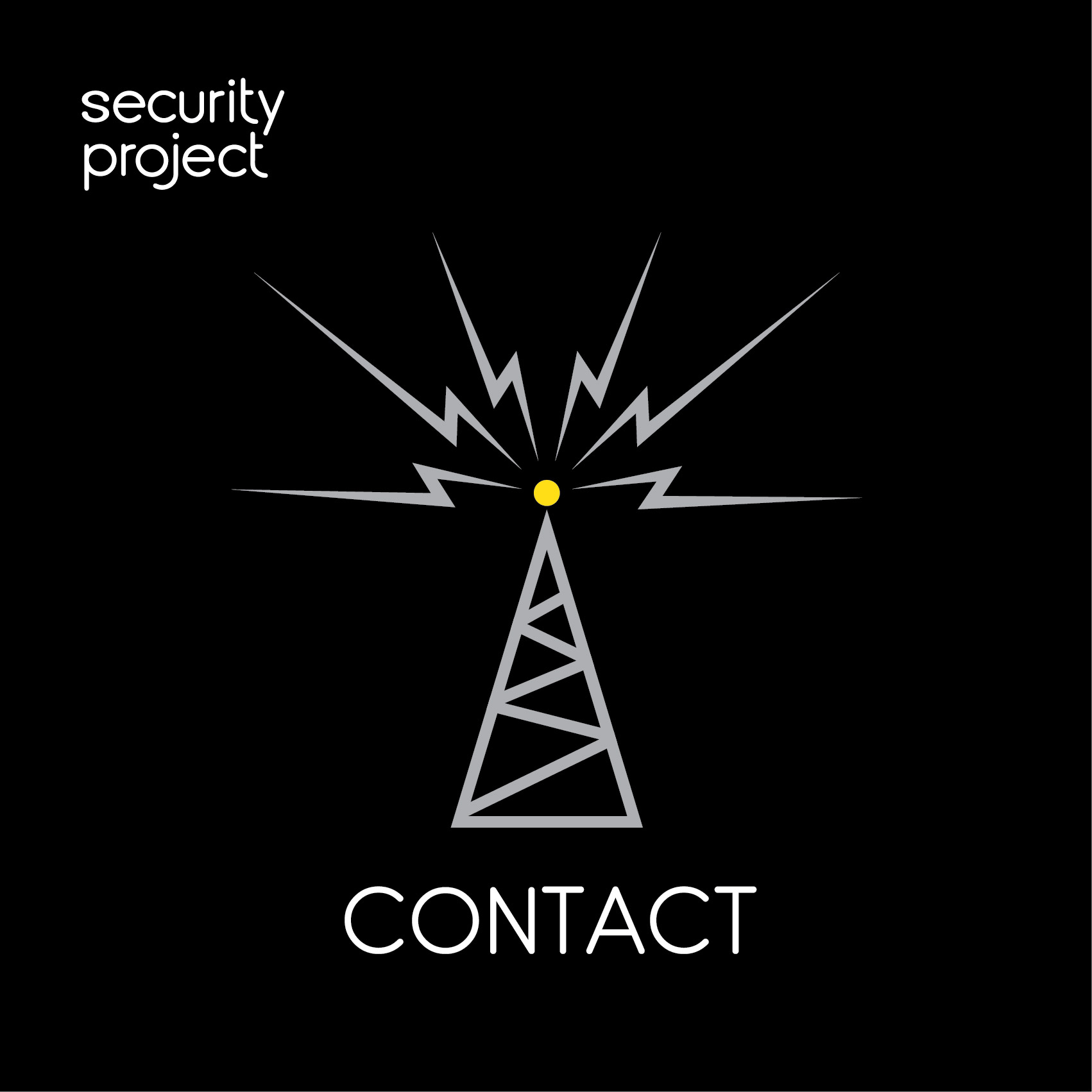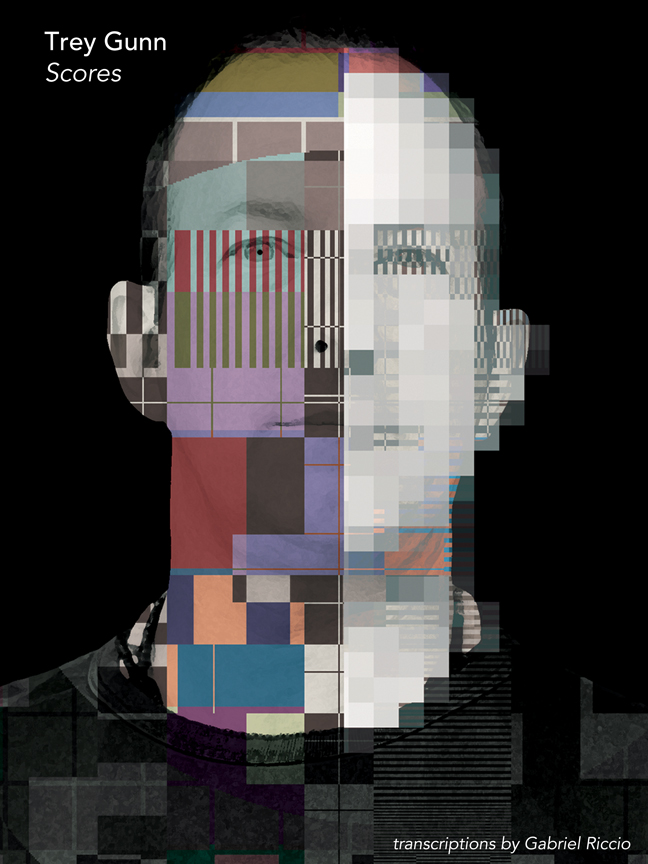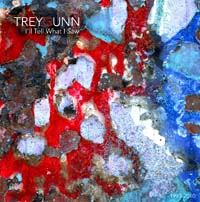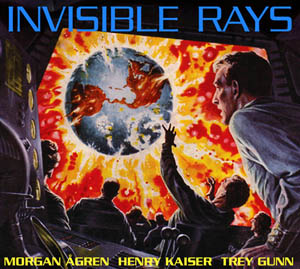Baking Cassette Tapes
 Wednesday, October 28, 2020 at 3:44PM
Wednesday, October 28, 2020 at 3:44PM I’ve fallen down a rabbit hole and the only way out is through.
About 8 weeks ago I started going through old boxes of tapes and digitizing them. The first batch was from the Sylvian/Fripp writing sessions at David’s apartment in London. Then it was Sunday All Over The World writing and rehearsals. Then Robert Fripp String Quintet shows. Most were cassettes with a few DATs mixed in.
This was a smallish number of tapes. Like 4-8 per project. And super interesting for me to hear after everything that has happened since.
But then I dug way into the back of my closet and found two boxes of very old tapes. Several hundred of them. All cassettes and going back to my very first recordings beginning around 1977. Many of these tapes are 4-track cassettes from the Tascam Portastudio era of recording.
The process for digitizing these is much more complicated as I don’t have the original machines anymore. But once I cracked the method and listened to some of this I knew that I had to transfer the whole lot of them. This is basically what I have been doing for the last six weeks. Sometimes as much as 13 hours in a day.
Everything seemed to be going fine, except some of the tapes wouldn’t play. They would fast forward and rewind just fine, but not play. Doing a mass of research I discovered that Ampex tape between 1976 and 1980 had a flaw in the chemical process that left them extra sticky over a long period of time. (Come on Ampex! You rocked everything else.) And it turns out that the 9 stuck cassettes in my stash were all Ampex. Damn!
So, with a little bit more research I discovered the solution was to bake the tapes. This is a common strategy with old 2-inch, 24-track tape. I had never heard of anyone baking cassettes, but I was willing to give it a try. The best recommendation was a dehydrator because you could regulate the temperature at lower levels. Tape baking is best around 130 degrees. Plus you can dehydrate some fruit at the same time!
The short story is that is totally worked. Though with cassettes you have to take the tape out the cartridge, bake them and then put them back in the cartridge. Which is a royal pain the ass.
See for yourself here in the video.
(music is "My Eye" by Punishment Farm, btw.)
I am afraid that this whole process has derailed my composing and recording for the time being. And I just found another box of 100 DATs and cassettes. It seems I am going to need to just keep steaming along here until everything is completely digitized. Then I can throw out all the tapes and get on with my life.
And, yes, I will be releasing a bunch of this stuff. I have tested cleaning up the audio and it definitely works. There are a ton of 2-track mixes and live shows. But there is also the possibility of doing some remixing of the 4-track stuff. Not with full remix possibilities because the process back then was to record drums, guitar and bass on 3 tracks and then bounce them to the 4th track and add a few more overdubs. So, getting the rhythm sections isolated is a no-go. But my first tests look promising. Cleaning up this audio is going to be a long process in itself. At least a year. And I will hold off starting on for a while.
The most interesting thing with these old recordings, sketches and live shows is that I can hear bits and pieces of the musical vocabulary that I ended up with today. This is not something I even would have thought would be interesting or useful to me. But, it turns out to be quite informative and will be useful for the future.
 Trey Gunn | Comments Off |
Trey Gunn | Comments Off |  Robert Fripp,
Robert Fripp,  sylvian,
sylvian,  trey gunn
trey gunn 